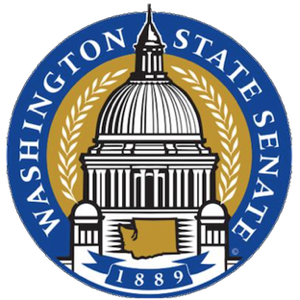The Washington State Senate Labor, Commerce, and Tribal Affairs Committee (WA Senate LCTA) considers issues relating to employment standards, industrial insurance, unemployment insurance and collective bargaining. The committee also considers tribal issues and has oversight of commerce issues relating to alcohol, tobacco, cannabis, and gaming.
Public Hearing
- HB 1210 - ‘Replacing the term "marijuana" with the term "cannabis" throughout the Revised Code of Washington.’
